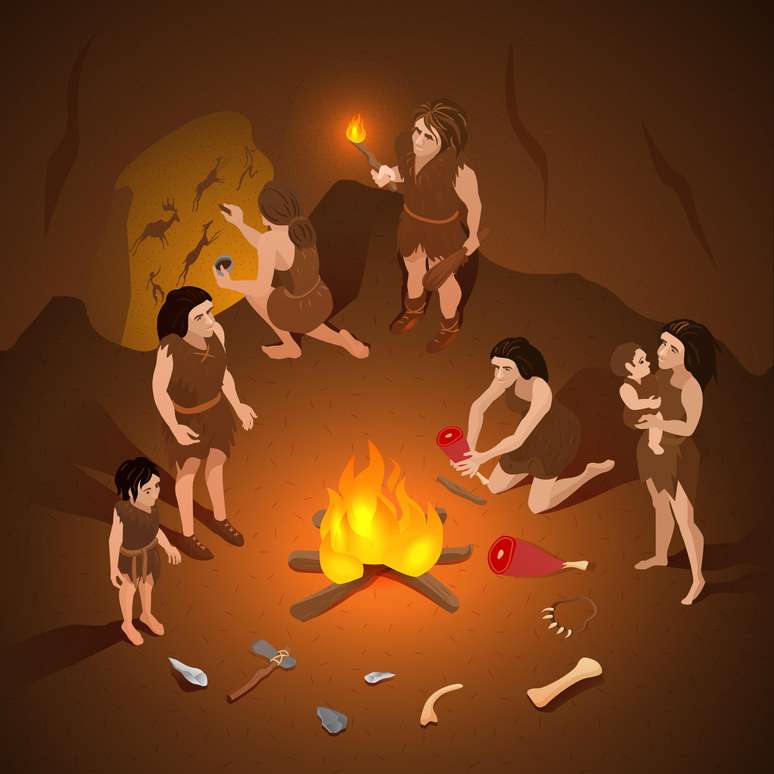Degusta turned to a nutritionist to find out whether this strategy is recommended or not; find it out
The Paleolithic diet, popularly known as the diet of our ancestors, has gained prominence in recent years with an approach focused on consuming more natural foods and high levels of protein. Nutritionist Ingrid Krichinak offers us a critical perspective on this trend, questioning its feasibility and effectiveness today.
According to the expert, the Paleolithic diet is based on the diet of our ancestors, who were hunter-gatherers, characterized by a significant intake of proteins, lean meats, healthy fats and fresh foods, such as tubers, potatoes and fruit. However, he points out, this diet categorically excludes grains, dairy products, processed products and foods high in sugar.
Ingrid Krichinak clarifies that the theory behind the Paleolithic diet is the search for a natural diet, which follows the physiological model of our ancestors. However, she points out that this approach becomes challenging in contemporary reality, where lifestyle, food availability and level of physical activity differ significantly.
“The interesting thing is that this diet encourages the consumption of natural products, so it encourages the consumption of fruits, vegetables, good fats, it encourages the “non-consumption” of processed foods, in other words it has an advantage,” she says. However, it is argued that adherence to this diet is low, mainly due to the difficulty of avoiding carbohydrates, such as rice, pasta and bread, in the modern context.

“Since this diet does not include rice, pasta, bread and other carbohydrates, the person may lean towards excessive protein consumption. And today we already know that excess protein affects the entire intestinal health, both fermentation and changes in the microbiota bacteria. So it is not interesting, which is why this diet is not recommended by most nutritionists, ”she emphasizes.
Another point of attention is the association of the Paleolithic diet with intermittent fasting. He debunks the idea that fasting is a superior strategy, citing scientific studies that question its benefits, especially compared to a balanced, calorie-deficit approach to weight loss.
Ingrid also points out that, according to scientific research and guidelines, sharply limiting carbohydrate intake is not a superior strategy in terms of health and weight loss. She emphasizes the importance of carbohydrates, particularly glucose, as a source of energy for the brain and for physical training.
“Ancient studies show that our ancestors consumed carbohydrates, their consumption was rich in starch, which are tubers, such as potatoes and fruit, this was important for human evolution, especially in terms of intelligence,” he says.
The nutritionist concludes that the Paleolithic diet, although it has its merits in encouraging the consumption of natural foods, is not recommended by most nutrition professionals. He emphasizes the importance of a balanced approach, adapted to individual needs, aligned with regular exercise and which does not impose major dietary restrictions to achieve health goals.

How does the body react to excess and lack of protein?
Source: Terra
Ben Stock is a lifestyle journalist and author at Gossipify. He writes about topics such as health, wellness, travel, food and home decor. He provides practical advice and inspiration to improve well-being, keeps readers up to date with latest lifestyle news and trends, known for his engaging writing style, in-depth analysis and unique perspectives.







